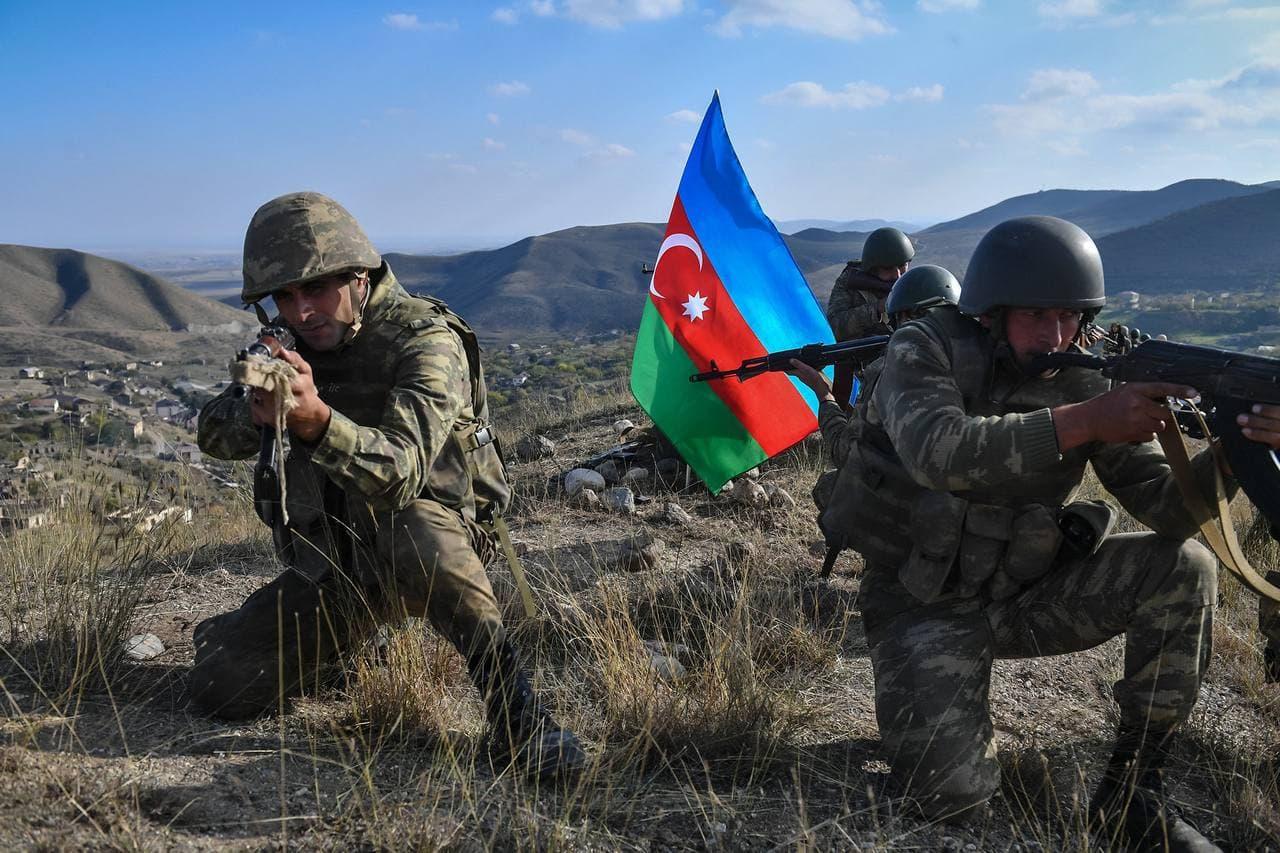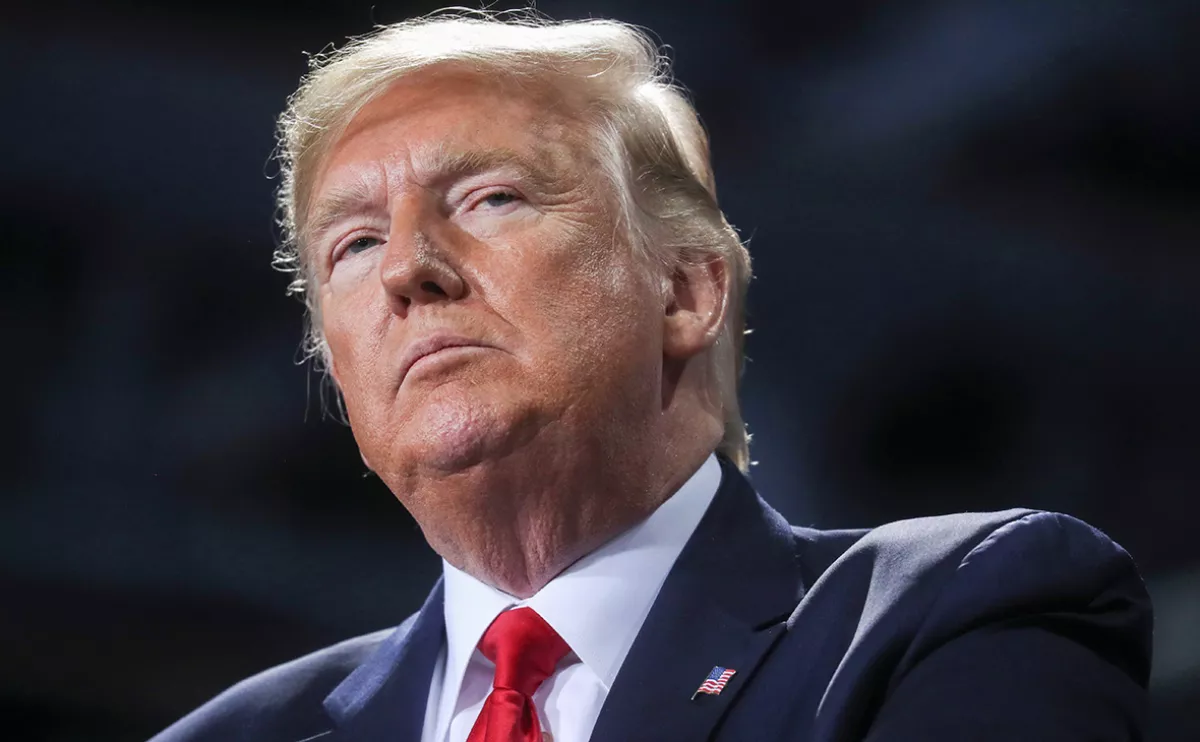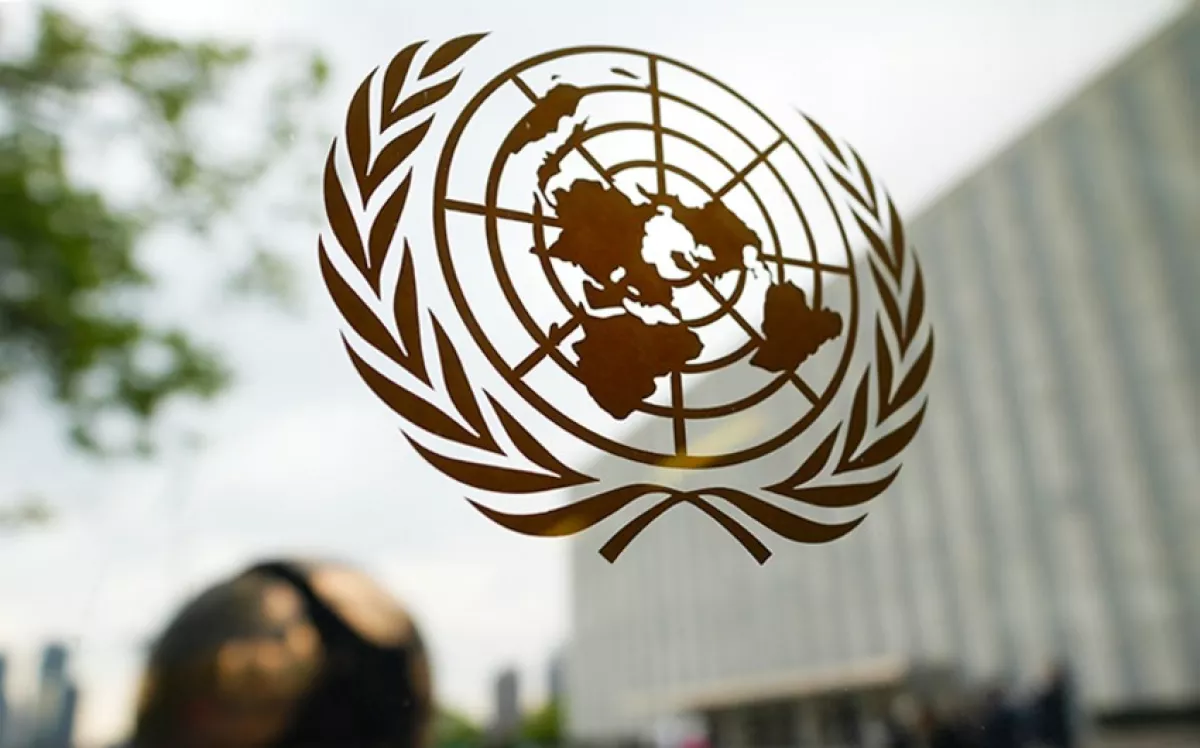The UN as a symbol of unfulfilled hopes The five-year echo of Aliyev’s warnings
As Caliber.Az has already reported, on September 22, President of Azerbaijan Ilham Aliyev arrived on a working visit to New York to participate in the 80th session of the UN General Assembly, where he is scheduled to deliver his address tomorrow, September 25. Today, however, we would like to recall events from not so long ago—precisely five years back.
On September 21, within the framework of the 75th session of the UN General Assembly, a High-Level Meeting dedicated to the 75th anniversary of the UN was held, where President Aliyev delivered a speech in video format. The words of the Azerbaijani leader at that time were crystal clear and served as a warning to the entire international community: the aggressive rhetoric of Armenia’s leadership and open threats against Azerbaijan had effectively destroyed the negotiation process. Aliyev drew attention to the fact that Armenian Prime Minister Nikol Pashinyan was deliberately violating both the format and the essence of the talks, declaring: “Karabakh is Armenia.”
“The Prime Minister of Armenia deliberately undermines the format and substance of the negotiation process under the mediation of the OSCE Minsk Group Co-chairs. His statement that 'Karabakh is Armenia' is a serious blow to negotiations. He puts groundless conditions to the negotiation process. His unacceptable so-called seven conditions to Azerbaijan have been rejected by us. We have only one condition to achieve peace. The armed forces of Armenia must withdraw from all occupied territories of Azerbaijan. The entire world recognizes Nagorno-Karabakh as an integral part of Azerbaijan.
The Armenian Prime Minister announced the establishment of a civilian militia consisting of tens of thousands of civilians who will be forced to undertake military actions against Azerbaijan. This clearly demonstrates a new aggressive intention of the Armenian leadership. The Armenian defense minister threatens Azerbaijan with so-called 'new war for new territories' statements.
Recently, Armenia has adopted its aggressive and offensive military doctrine and National Security Strategy. The National Security Strategy contains racist, chauvinistic and 'Azerbaijanophobic' ideas.
The aggressive rhetoric and provocations of Armenia show that Armenia is preparing for a new aggression against Azerbaijan. We call on the UN and international community to urge Armenia to refrain from another military aggression,” President Aliyev stated firmly.

As we can see, Aliyev warned not only about a diplomatic deadlock but also about the new aggression Armenia was preparing. He appealed to the UN and the international community to restrain Armenia and prevent another war. Yet this appeal, like dozens of similar calls made over the past decades, went unheard.
Just six days after President Aliyev’s address and warning, a new war ignited—launched by Armenia. The Armenian army opened fire on peaceful Azerbaijani civilians in the frontline zone. Thus began the Second Karabakh War, during which Azerbaijan was compelled to restore its territorial integrity by military means.

And here arises the key question: what did the UN actually do to resolve this conflict, to implement its own resolutions, and to ensure genuine de-escalation? The answer is obvious: nothing. The four UN Security Council resolutions adopted back in the early 1990s remained nothing more than formal documents for more than a quarter of a century. They demanded the immediate, complete, and unconditional withdrawal of Armenian forces from the occupied Azerbaijani territories, but were never implemented. Not a single UN body was able—or rather, willing—to enforce them, which clearly illustrates the Organisation’s failure in upholding justice and international law.
It was Azerbaijan itself, in 2020, that within the framework of international law and on the basis of the UN Charter achieved what the UN and its cumbersome, bureaucracy-ridden structures had failed to deliver for decades. Azerbaijan restored its territorial integrity, ensured the implementation of international legal norms, and proved that declarative statements and endless diplomatic mechanisms lose their meaning when the fate of people and the integrity of a state are at stake. The war ended with Azerbaijan’s victory, but this outcome simultaneously became a damning verdict against the UN, exposing its ineffectiveness.

The UN’s ineffectiveness has also been noted by other world leaders. Just recently, U.S. President Donald Trump stated that within seven months he had managed to end seven conflicts—yet received no support from the UN. His words confirm that even superpowers do not view the Organisation as a genuine instrument for ensuring peace. If the head of state of one of the UN’s founding members, its largest donor, and a permanent member of the Security Council points so directly to the uselessness of this body, it is a clear indication of a profound crisis within the entire system.

Today, the UN has in many ways turned into a debating club, where lofty speeches are delivered but no effective decisions are made. The problem lies not only in bureaucracy and slowness, but also in the Security Council system itself: the veto power of its five permanent members blocks any meaningful action. This makes the UN a hostage to geopolitical games, while its missions and resolutions become tools in the hands of the powerful. As a result, victims of aggression—such as Azerbaijan—are forced to seek justice on their own, even though the Organisation was created in 1945 precisely for that purpose.
The example of the Karabakh conflict is only one link in a broader chain. The UN’s inability to stop the genocide in Rwanda, prevent the tragedy in Srebrenica, resolve the war in Syria, or curb aggression in different parts of the world highlights a systemic crisis within the Organisation. In every case, loud statements were made and resolutions adopted, but no real action followed—no steps capable of saving lives or preventing wars. This has turned the UN into a symbol of unfulfilled hopes: a structure meant to safeguard peace, yet lacking the tools to uphold it.
Azerbaijan’s experience has become a vivid demonstration: a state, relying on international law and its own strength, was able to restore justice. At the same time, this experience has raised a pressing question for the international community about the future of the UN. If the Organisation cannot enforce its own decisions, if its resolutions remain nothing more than words on paper, if the aggressor feels no accountability while the victim is forced to defend itself alone—then one must ask: does the world really need such a UN? And if it does, in what form?
The Organisation has yet to provide an answer. But one thing is clear: without deep reforms, without a fundamental review of its working principles, and without the creation of effective mechanisms to enforce its decisions, the UN risks irreversibly losing its authority, ultimately turning into a purely formal institution—one whose activities are reduced to grand anniversary sessions and diplomatic protocol.








